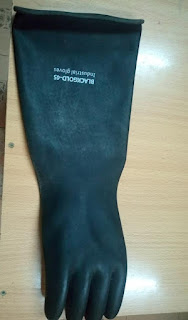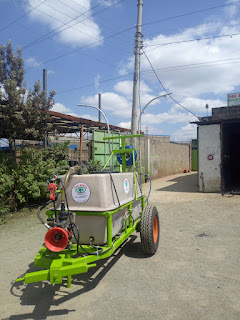Pan agric Kenya limited is unlimited to ways of improving it's crop spraying equipment ,extension and exemplary service to farmers in east Africa and beyond. Pan Kenya Limited has improved its crop spraying equipment and extension services as follows;
- Adopted new technologies: Pan Agric Kenya Limited has explored new technologies to improve the efficiency and effectiveness of crop spraying. For example, they have in recent months invested in drones and other unmanned aerial vehicles (UAVs) equipped with spraying equipment that can cover large areas quickly and accurately. Additionally, they have explored the use of precision agriculture technologies such as GPS-guided sprayers, which can apply pesticides with greater accuracy.
- Trained staff on the latest techniques: Pan Agric Kenya Limited has ensured that its staff is up-to-date with the latest techniques and best practices in crop spraying. This has been achieved through regular training programs that provide staff with the necessary knowledge and skills to use new equipment and technologies effectively.
- Collaborated with research institutions: Pan Agric Kenya Limited has collaborate with research institutions eg KALRO to develop new and innovative crop spraying techniques for exact needs of farmers in East Africa. By working together, they have developed new solutions that are more effective, efficient, and sustainable.
- Provide exemplary customer service: Pan Agric Kenya Limited has differentiated itself from its competitors by providing exemplary customer service. This has been achieved by ensuring that its staff is knowledgeable, responsive, and provides timely and effective support to farmers. Additionally, they have leveraged technology to provide farmers with access to real-time and specific information to help them make better decisions.
- Build a strong brand: Finally, Pan Agric Kenya Limited has build a strong brand that is associated with quality, reliability, and innovation. This has been achieved through targeted marketing and branding campaigns that highlight the company's strengths and value proposition. Additionally, they have leveraged social media and other digital channels to engage with farmers and build a strong community around their brand.


.jpeg)






.jpeg)


.jpeg)
















